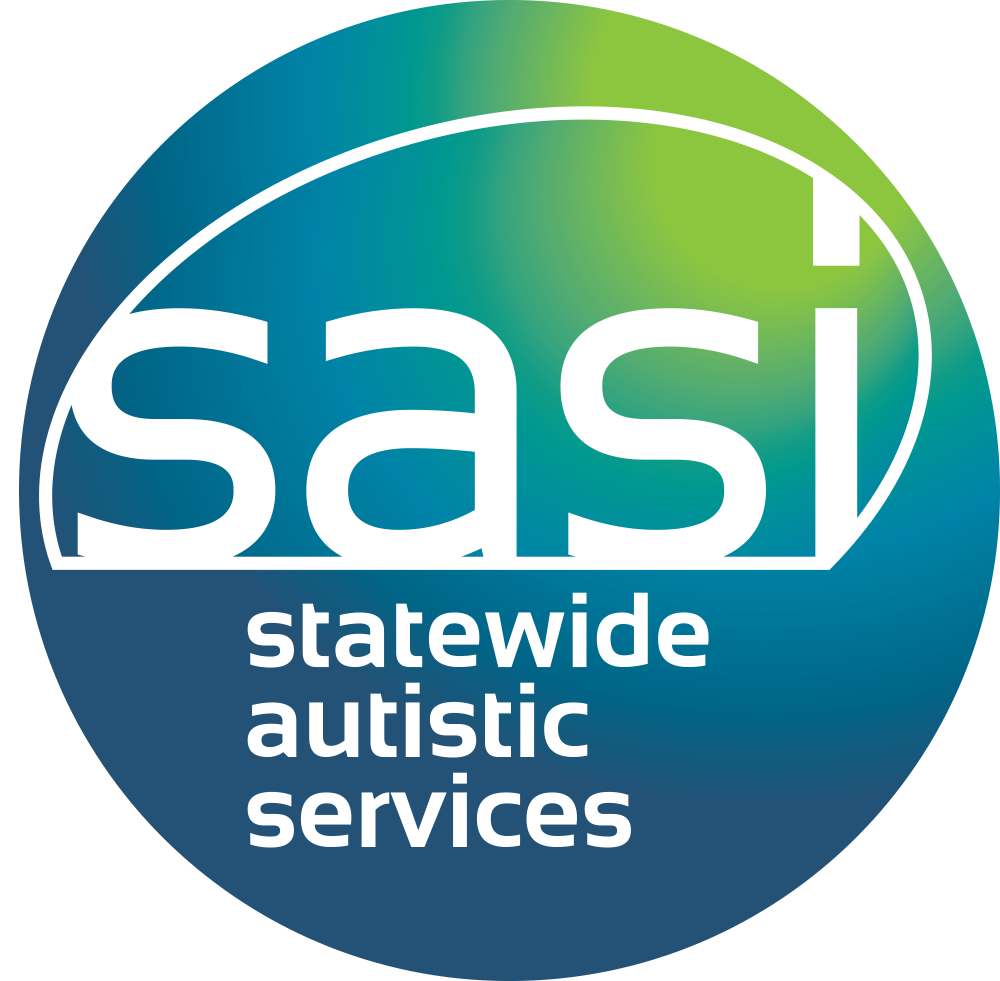
Autism Anxiety after COVID
As we come out our COVID lockdown cocoons, we need to be mindful that while this is a great time for those who are social butterflies, it can be an extremely difficult time for those who are less social and would prefer to stay wrapped up and tucked away indoors.
People who are on the autism spectrum generally struggle when it comes to being social and interacting others. Lockdown has suited them to a tee, giving them the opportunity to stay in what they deem to be a ‘safe’ environment.Interactions with others for the most part have been online, which is perfect for those who struggle with eye contact and being in the same physical space as others. They are often in their element online, where they can hide behind their computer.
Now, as we all head back out into the world we need to be mindful of those who are a little anxious about being back in the real world. Anxiety can look different for different people, some can experience an increased heart rate and rapid breathing. Some will feel nervous or tense, while others may sweat or tremble. The feelings of anxiety can result in the person having difficulty sleeping, or feelings of impending doom and panic. For someone with autism this can easily result in a meltdown and refusal to leave their room. Think about a time you have felt nervous or anxious. You may have had a feeling of butterflies in your stomach, or felt so overwhelmed by something that you couldn’t move. It’s an awful feeling, and is your body’s natural response to stress. It can be really difficult to deal with at the time.
For people with autism, this feeling can be so overwhelming that coping methods used by many of us just won’t work. Time, patience and persistence can help a person with autism to overcome their anxiety. The can often benefit from social stories, of course this depends on the situation and what they are feeling anxious about.
If you’re faced with a situation where you, or someone you care for is dealing with anxiety get them to sit down and breath slowly, counting to three as they breath in and out. Gentle, relaxing music may also help, or taking a walk and getting some fresh air. In some cases, they may need the help of a professional such as a psychologist to assist with strategies to deal with the challenges they are facing. In severe cases, medical intervention may be the solution.
Anxiety is a common problem and if not dealt with it can be quite debilitating for many people. It can really help to talk to others about your feelings and try to work through them. There’s no quick fix, it is a mental health condition. It’s not always something you can deal with on your own. If you, or someone you know, is experiencing symptoms of anxiety post lockdown, it can really help to get some professional support. You don’t have to face it alone.
If you ever feel unable to cope because of intense emotions of if you have thoughts of harming yourself, then ask for help instantly. For immediate help contact triple zero (000) if it is an emergency National 24/7 crisis services:
- Lifeline: 13 11 14 or lifeline.org.au
- Suicide Call Back Service: 1300 659 467 or suicidecallbackservice.org.au
- beyondblue: 1300 224 636 or beyondblue.org.au
SASI Parent Blogger









